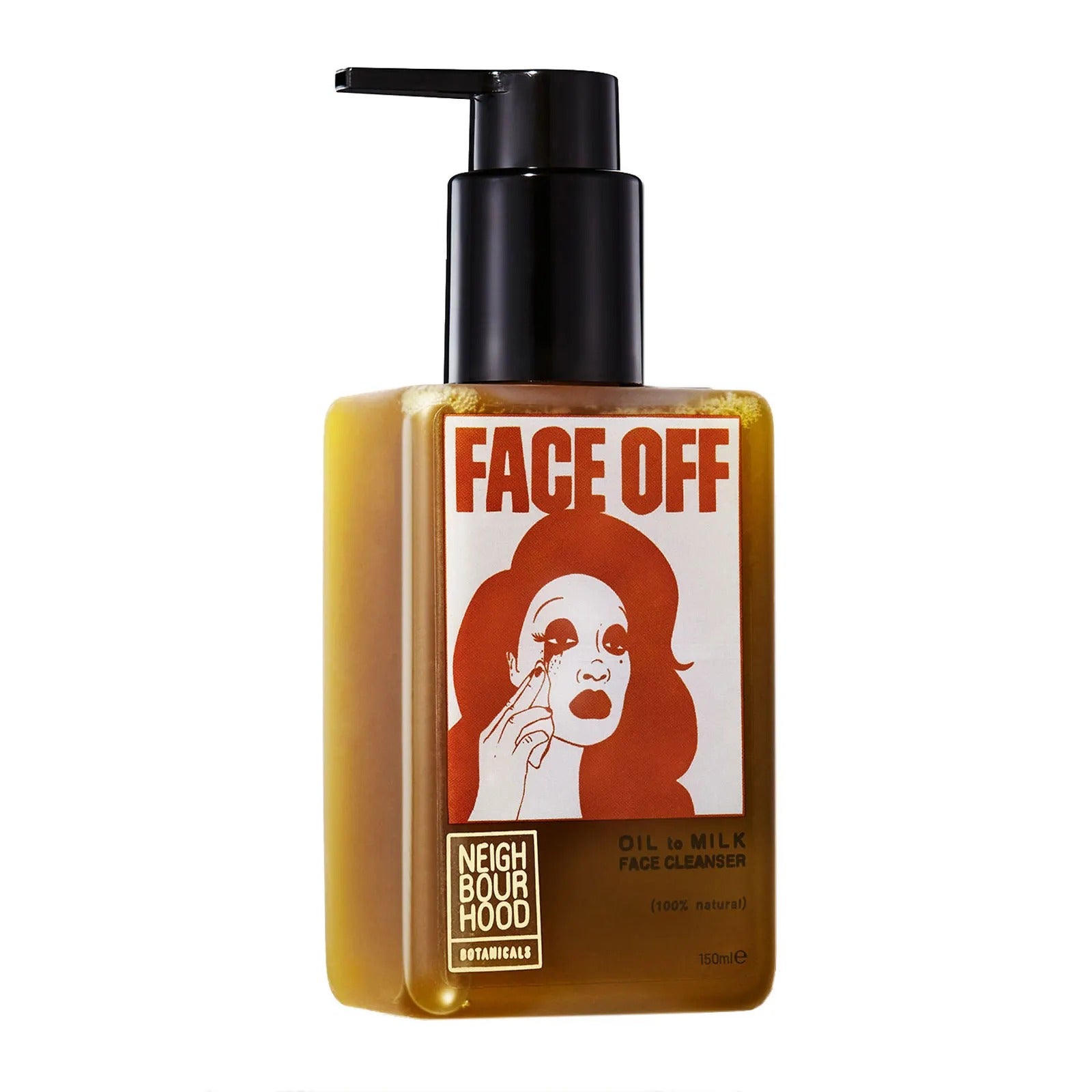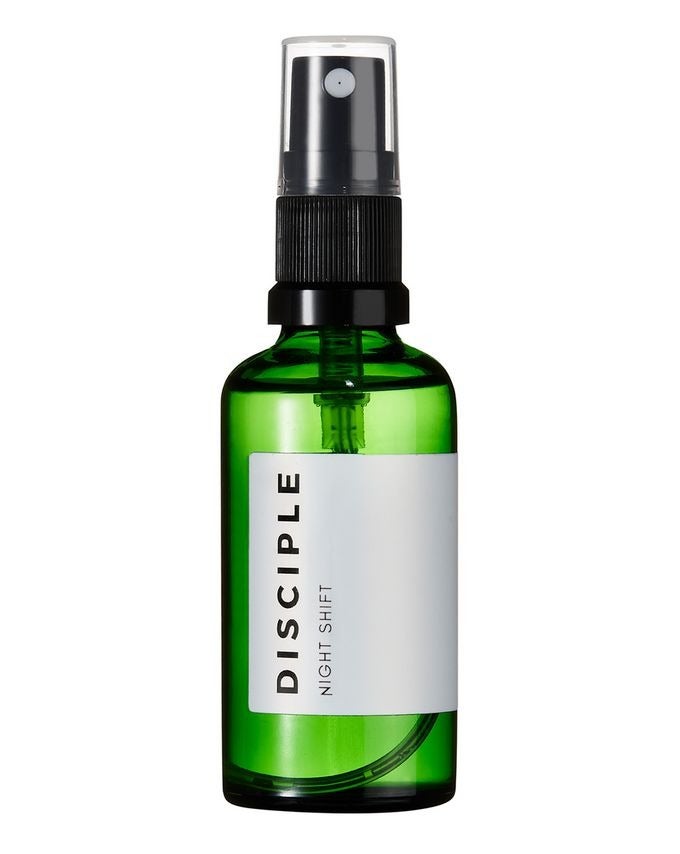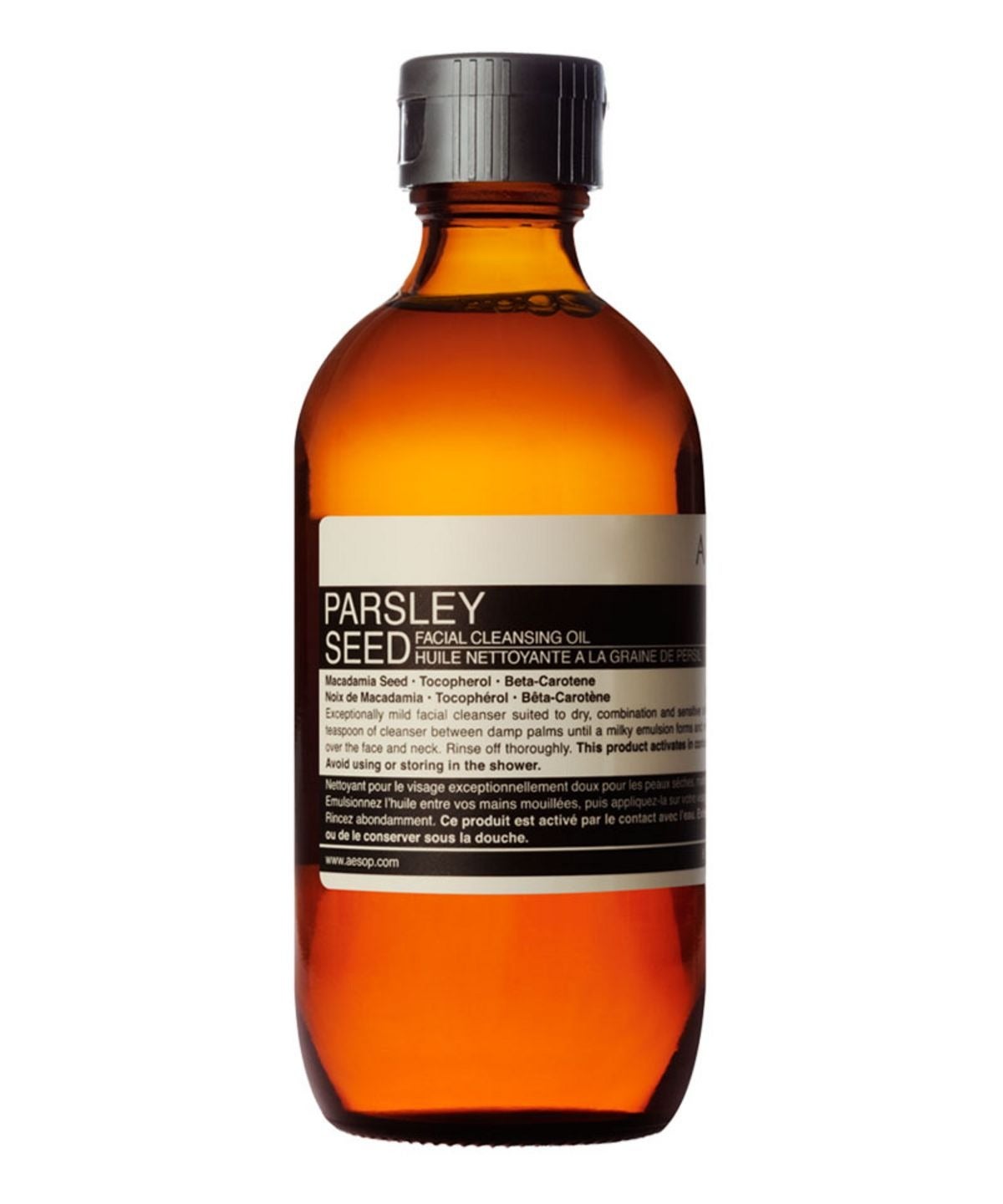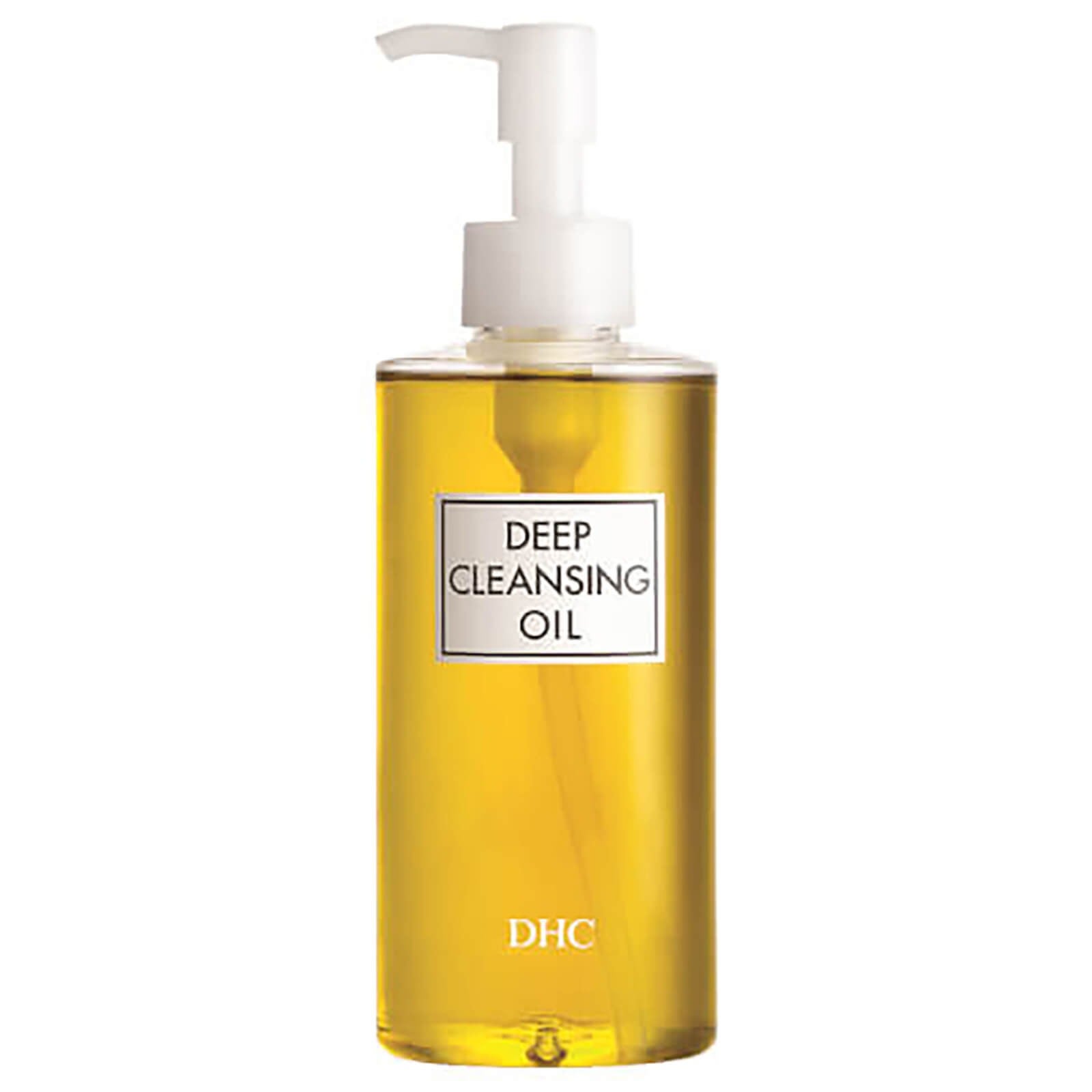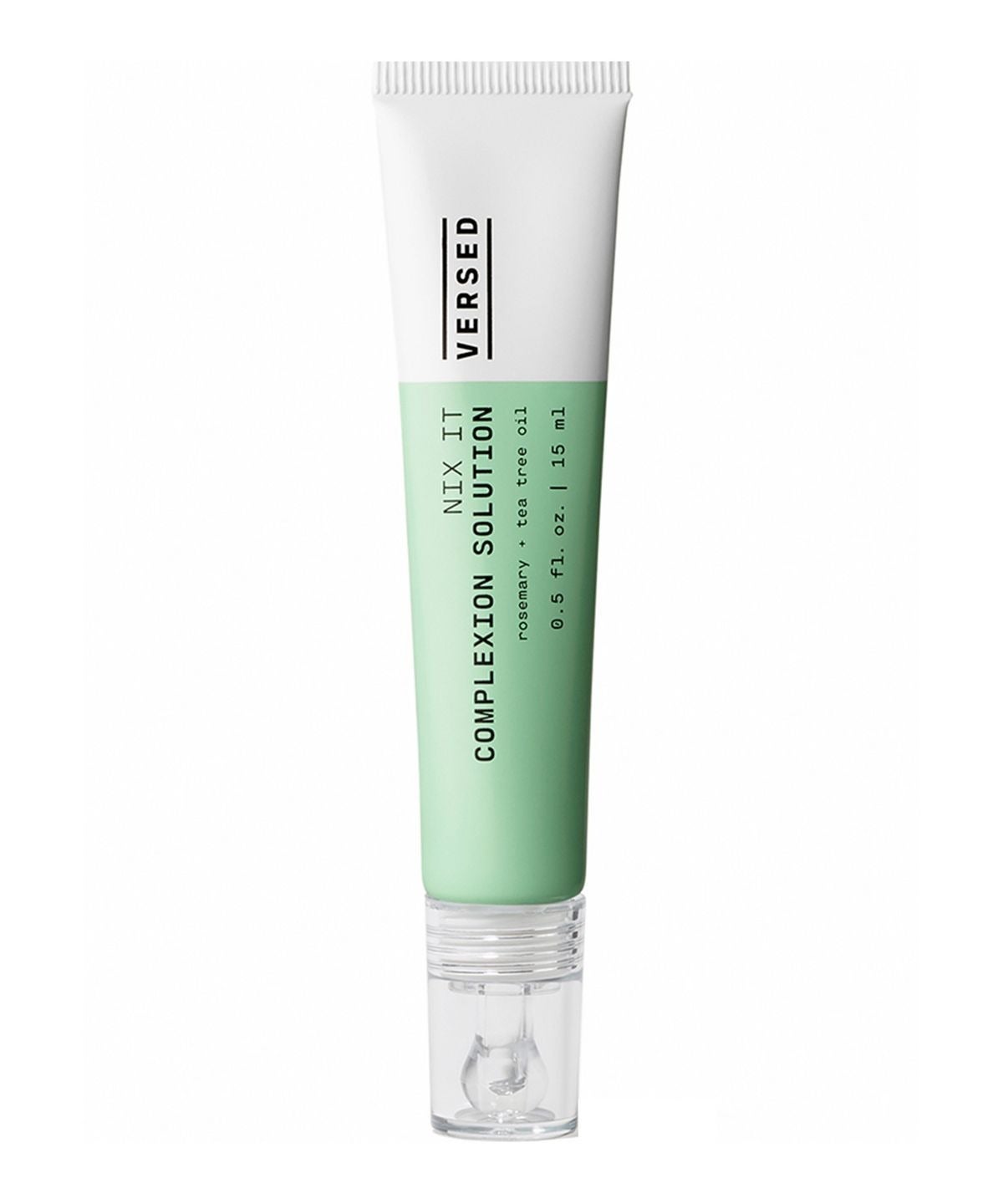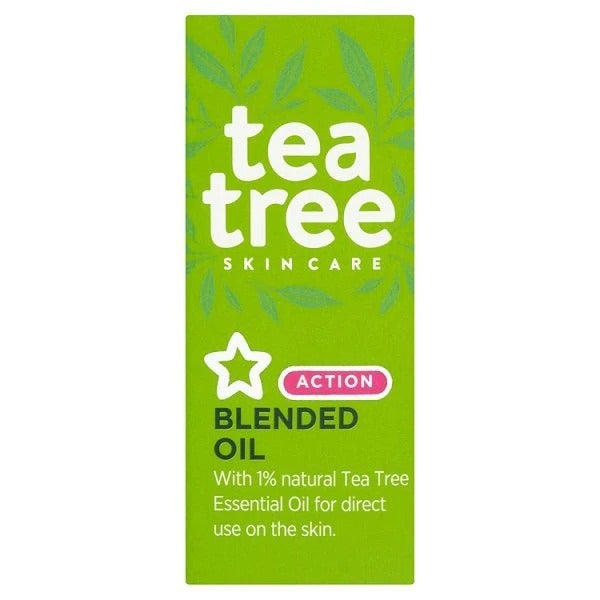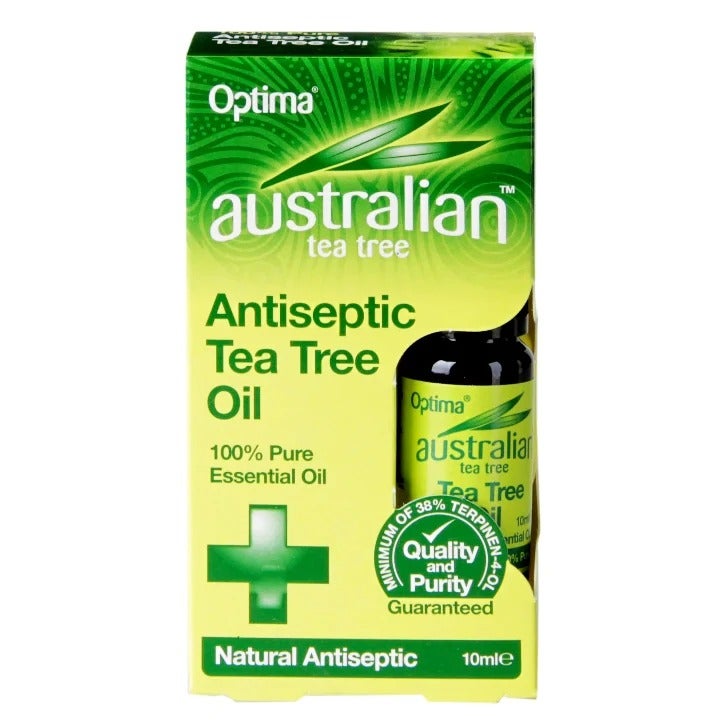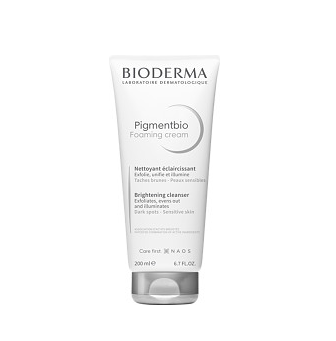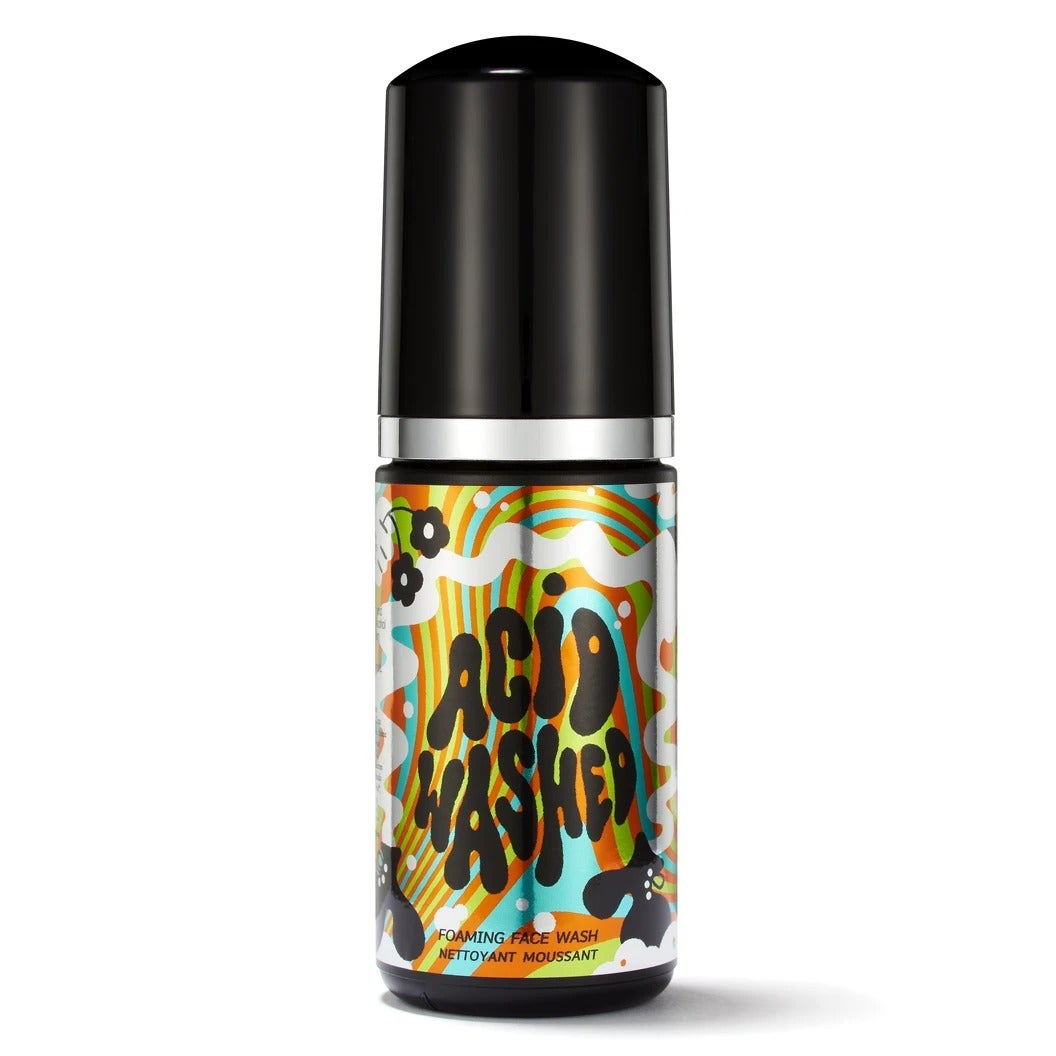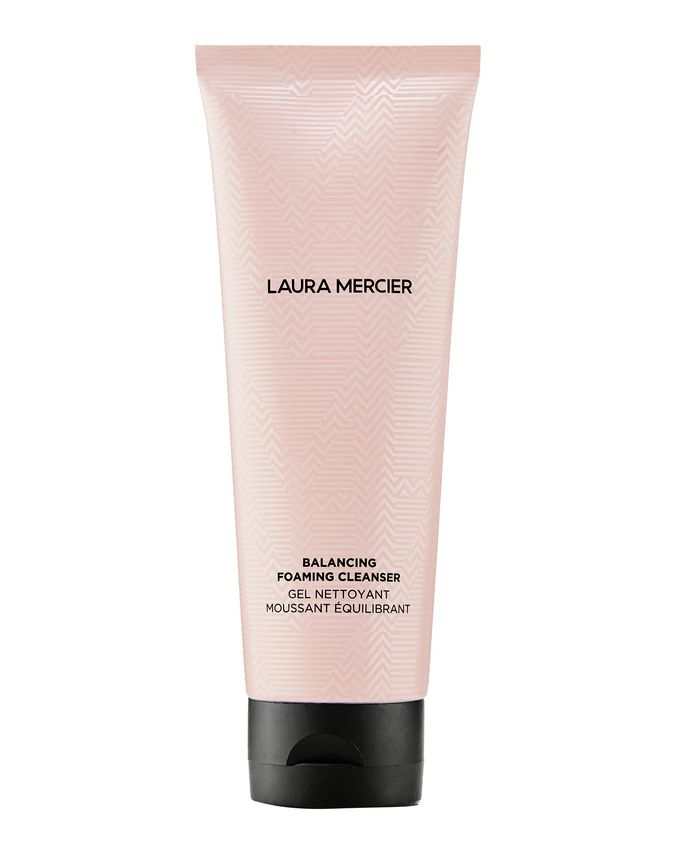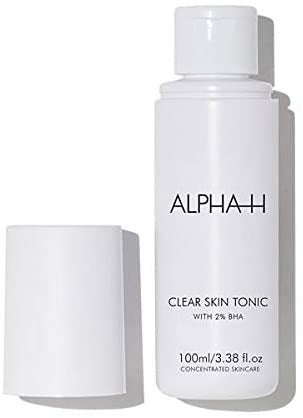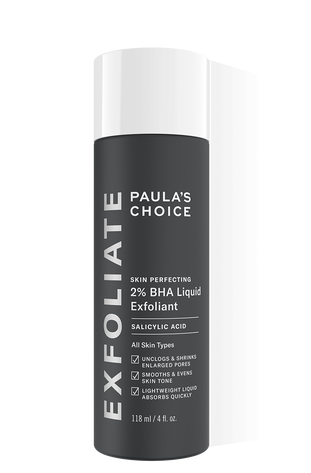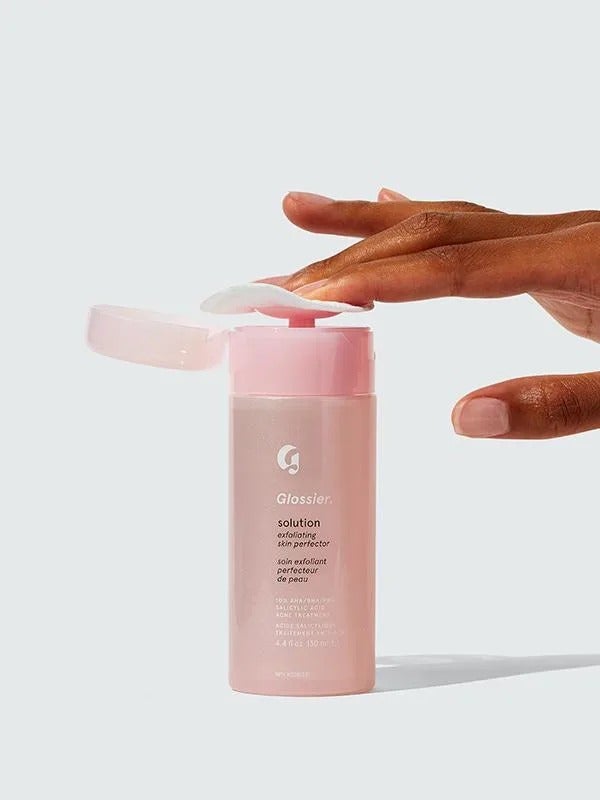From fake tan freckles to makeup hacks for hooded eyes, there are countless smart beauty trends taking over TikTok. Right now, everyone is obsessed with the 15-minute oil cleansing method.
The craze does what it says on the tin: instead of giving your skin a quick once-over with your usual face wash in the evening, the oil cleansing method requires a silky oil cleanser and 15 minutes of massage time. Think of it like a mini at-home facial. The result? Supposedly clear, nourished and glowing skin all round. But is it really worth it? We asked the experts.
AdvertisementADVERTISEMENT
What is the 15-minute oil cleansing method and how do you do it?
The oil cleansing method theory is that like dissolves like, says Dr Emma Cunningham, skin specialist and founder of Dr Emma. In this instance, it is said that cleansing oil applied to the skin will bind to your own natural facial oil (also known as sebum) and therefore remove it. Oil cleansers are also popular among those who wear heavy makeup or sunscreen, thanks to their dissolving capabilities.
The TikTok trend differs slightly from the traditional oil cleansing method, though. It requires 15-20 minutes of your time and according to users, the act of massaging the oil into your skin using your fingers works to dislodge clogged pores, releasing the gunk responsible for spots and blackheads and leaving skin clearer and less congested.
Are there any real skincare benefits of the oil cleansing method?
While TikTok users extol the virtues of this newfound cleansing method for treating blackheads and acne-prone skin, the experts aren't entirely sold. "In my opinion there is no evidence to suggest that using this method will not substitute one problem for another," says Dr Cunningham. "I would definitely proceed with caution." Dr Cunningham mentions that while cleansing your skin for a long period of time may be enjoyable and feel luxurious, it could result in some skin bugbears. "The skin could become dry, cracked and over-sensitive," she says, especially if the products you choose are formulated with essential oils or are heavily fragranced. Dr Cunningham continues: "Think of your natural facial oil as the glue keeping your skin barrier intact, keeping water in and pollution out. Over-cleansing in this way could actually disrupt this barrier."
AdvertisementADVERTISEMENT
Could the oil cleansing method make acne worse?
Dr Anjali Mahto, consultant dermatologist at Skin 55, says that oily skin can make a person more prone to spots and blemishes, as the sebum produced can mix with dead skin cells and other debris to plug pores and cause bacteria to thrive. In other words, adding more oil to an oily situation might not be the best idea. "Personally, I do not recommend oils to cleanse the skin as they can be highly comedogenic, or pore-clogging, and blocked pores could lead to blackheads and whiteheads." Dr Mahto cites olive oil and coconut oil as offenders but points out that not all oils are the same. "There is certainly scientific evidence that tea tree oil can be of benefit in acne," Dr Mahto adds. It is best to use tea tree oil as a targeted spot treatment as and when needed. Try Versed Nix It Spot Solution, £12.
How should you cleanse your skin properly?
"Those with acne should be aiming to cleanse their skin twice a day, morning and evening," says Dr Mahto. "The evening cleanse is particularly important to remove dirt, pollution, makeup and impurities gathered on the skin's surface during the day." Dr Mahto hits home the importance of not over-washing your face, though, as this can result in irritation and sensitivity.
AdvertisementADVERTISEMENT
Instead, Dr Cunningham recommends taking your skin type into consideration. If your skin is on the drier side, opt for a hydrating cream. If it is oily or combination, try a foaming cleanser. "It is especially important to cleanse thoroughly at the end of a day," says Dr Cunningham. "This usually involves a double cleanse (using a micellar water or makeup remover and then following with a proper, water-based cleanse) in most cases."
Ultimately, oil cleansing alone won't work to unclog your pores. Dr Cunningham suggests incorporating skincare acids such as AHAs (glycolic and lactic acid) and BHAs (salicylic acid) into your skincare routine via a leave-on exfoliating toner. "This is a better way to remove dead skin cells, unclogging pores and therefore reducing the size and appearance of them." Use after cleansing, ideally in the evening, and always wear SPF during the day, as acids can make skin sensitive to sunlight.
If you still want to try oil cleansing, Dr Cunningham has a final tip. "Like a spa treatment, it's a one-off luxury treat, but it's not one for regular use."
AdvertisementADVERTISEMENT







